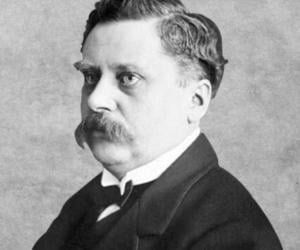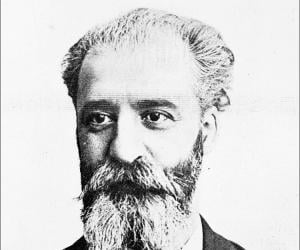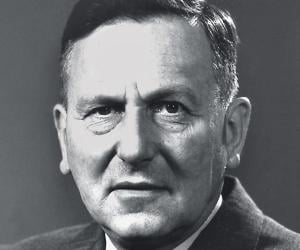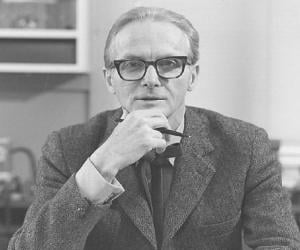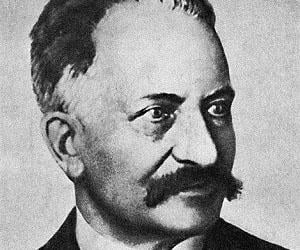1
Alfred Werner
(Chemist)
Birthdate: December 12, 1866
Sun Sign: Sagittarius
Birthplace: Mulhouse, Haut-Rhin, Alsace, France
Died: November 15, 1919
Alfred Werner, a Swiss chemist, made significant contributions to coordination chemistry. He proposed the octahedral configuration of transition metal complexes, a groundbreaking idea that reshaped the field of inorganic chemistry. Werner's work was so influential that he received the Nobel Prize in Chemistry in 1913, becoming the first inorganic chemist to win this prestigious award. His research laid the groundwork for modern coordination chemistry.
